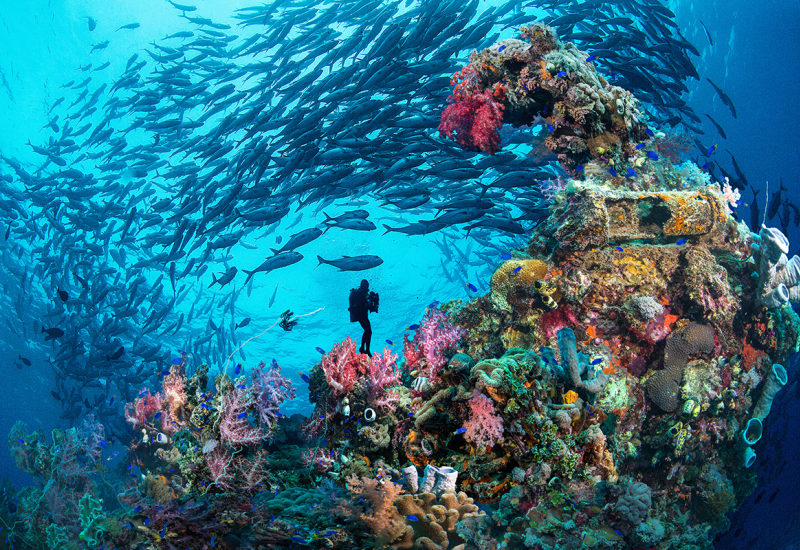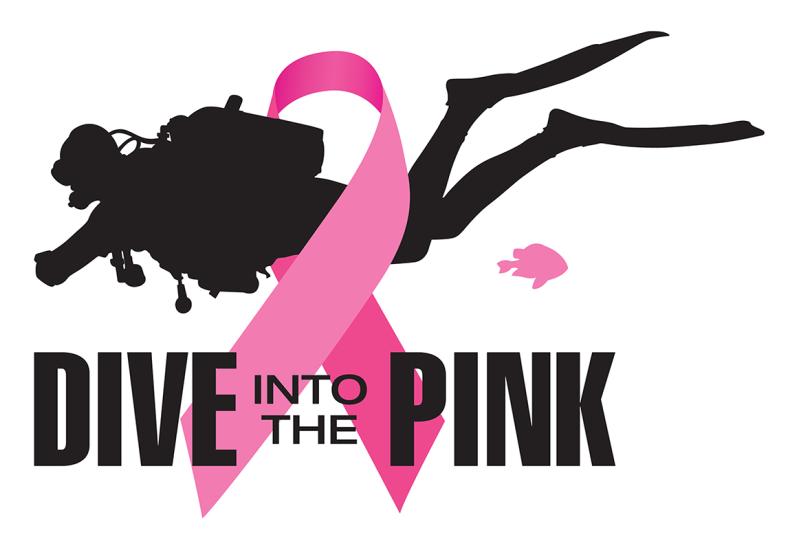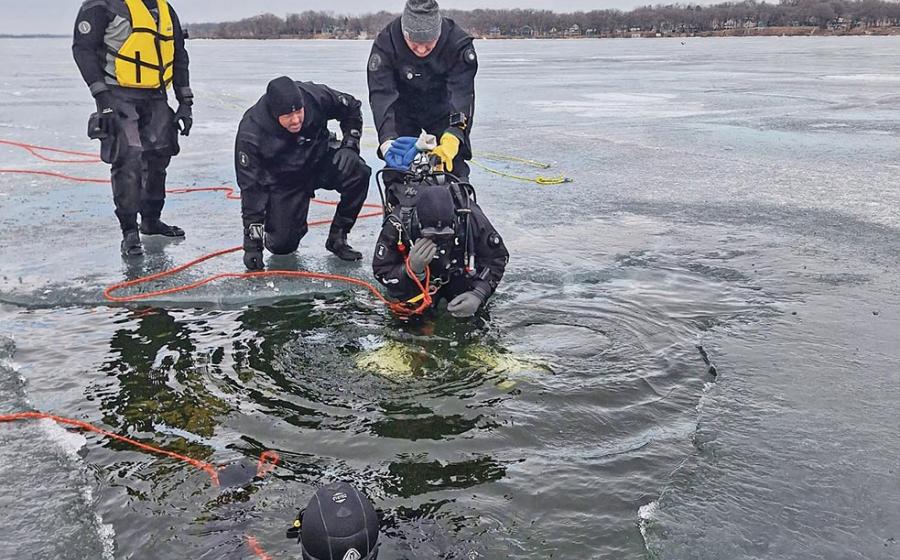When Is It Safe to Fly After Scuba Diving?
To avoid altitude-induced DCS, how long should you wait to fly after scuba diving — 12 hours? 24 hours? The guidelines may surprise you.

ShutterstockIs it ever OK to fly after diving?
So What’s the Big Deal About Flying After Diving?
In a word, the deal is DCS. You already know that your body must have adequate time during an ascent to off-gas excess nitrogen or you can form bubbles in your bloodstream, possibly leading to DCS. Same for an ascent in an airplane to a lesser atmosphere of pressure-excess nitrogen can bubble out if there’s too much of it still left.
But Aren’t Airplane Cabins Pressurized?
Yes, they are, but only to the equivalent of approximately 8,000 feet. That’s still a pressure decrease from sea level of 25 percent. If your body is already off-gassing at sea level as fast as it can, this sudden decrease in pressure could be enough to trigger symptoms of DCS.
So How Long Should I Wait Before Flying?
In 2002, Divers Alert Network and the Undersea and Hyperbaric Medical Society held a workshop to review experimental post-dive flight research and other data.
| DIVE PROFILE | MIN. TIME BEFORE FLIGHT |
|---|---|
| Single No-Deco Dive | 12+ Hours |
| Multiple Dives in a Day | 18+ Hours |
| Multiple Days of Diving | 18+ Hours |
| Decompression Diving | Substantially more than 24 Hours |
Time for the bad news: Having a zero percent risk of DCS is possible only if you don’t dive. The good news: Past analyses of accident data do provide some guidelines that divers can use to make a reasonable decision. If you’ve only done one dive a day for several days during your vacation, a wait of 18 hours is probably sufficient. However, the more multiple dive days you’ve had, and especially if you’ve done required decompression diving, the longer past 18 hours you should wait. Most researchers believe that a 24-hour surface interval is sufficient to prevent most incidences of flying-induced DCS.
READ MORE: How To Clear Your Ears Underwater
Won’t My Dive Computer Tell Me When It’s Safe To Fly?
Maybe, maybe not. Dive computers can be useful tools when dealing with flying after diving, but most are not. Different computers have two ways of dealing with flight:
Arbitrary countdowns of 12 or 24 hours. These are simply clocks reminding you of the 12- or 24-hour rules; they perform no calculations.
Calculation to desaturation. These computers actually calculate the time to total desaturation and use that as the time to fly. Very conservative, but more realistic than the arbitrary 12 to 24 hour timekeepers.
Most dive computer manufacturers have taken the easy, less effective way out by simply using the arbitrary countdown as the time to fly. It seems amazing with all the calculations that dive computers can do under water, that all they can do on the surface is count minutes.
Whatever data is provided by a dive computer, that data needs to be read, understood and acted on by the user. You should understand that dive computers will not violate or make any adjustments for not following their time-to-fly readings.
READ MORE: 10 Rules for Avoiding Emergencies Underwater
Can I Dive After I Fly?
How soon after flying into a tropical locale can you safely get in the water? Nitrogen is not the issue here. The question concerns the ways that the aircraft environment affects divers. After several hours of breathing dry, recycled air with a low oxygen content, most of us are dehydrated, tired and irritable. Diving under these conditions predisposes a diver to DCS and to making mistakes.
It is up to you to decide when you’re sufficiently recovered from your trip to dive safely. Divers need to consider fatigue, dehydration and physical fitness, as well as the type of diving planned when making this decision. The urge to get into the water as soon as possible is understandable, but it’s better to wait and dive safely than to take unnecessary risks and endanger your health and vacation.










